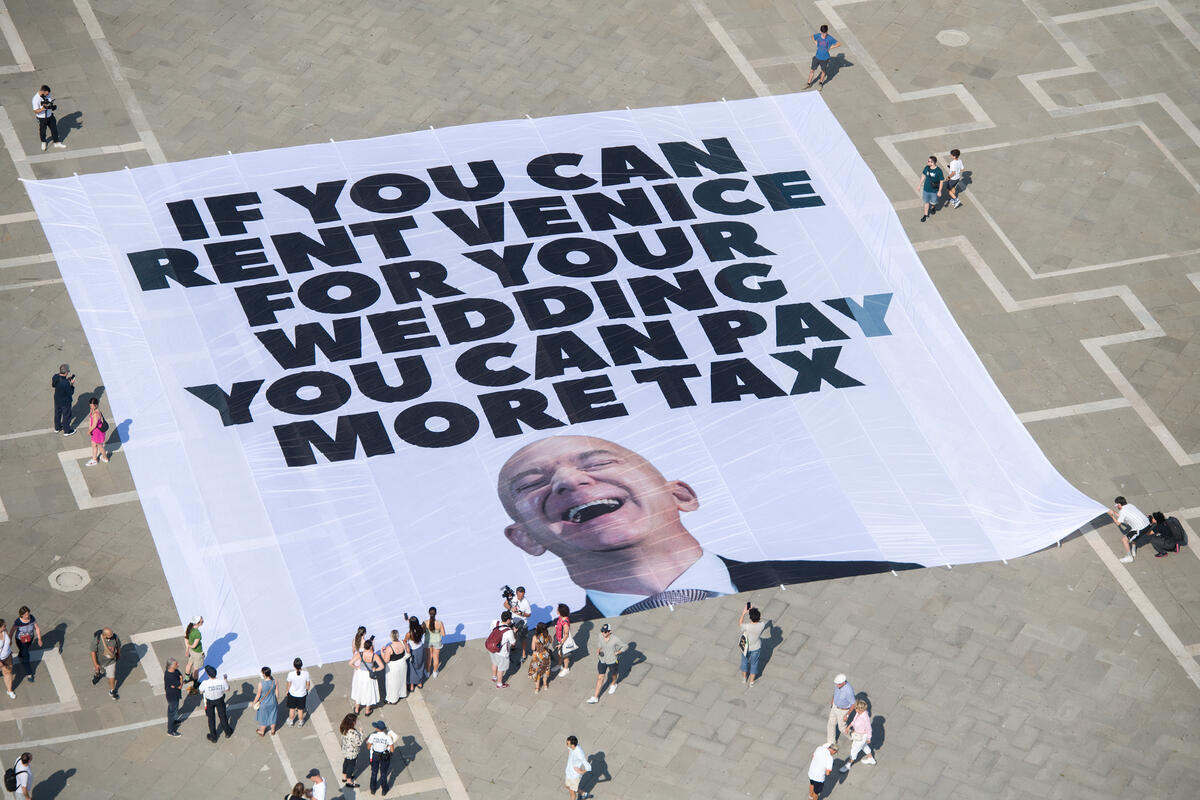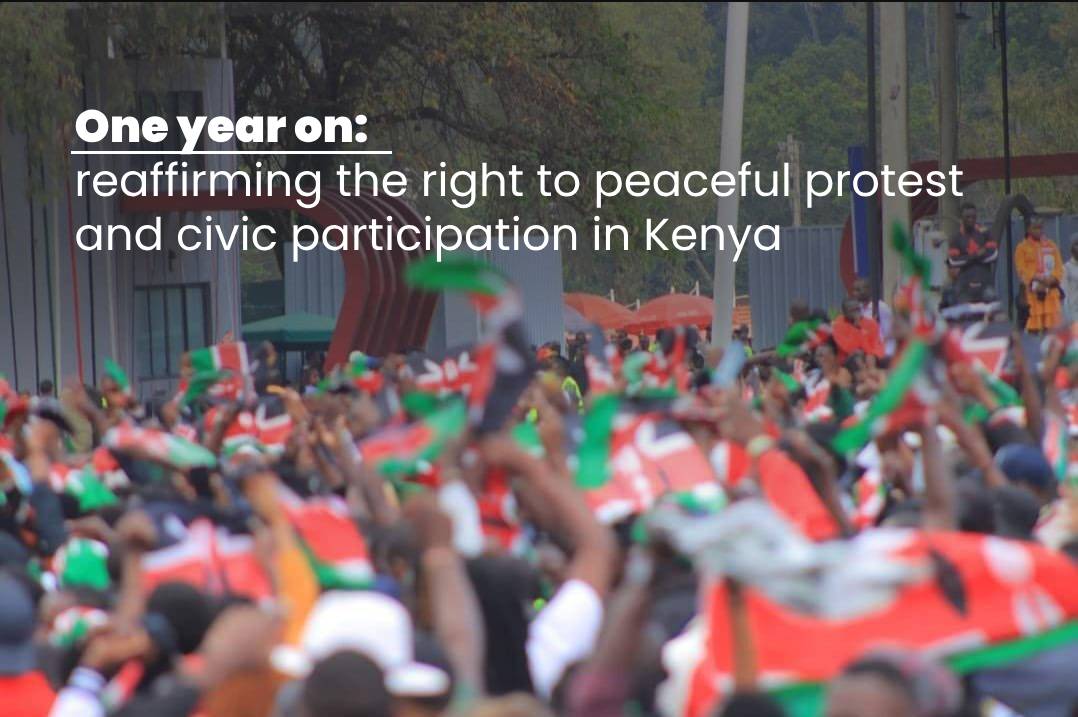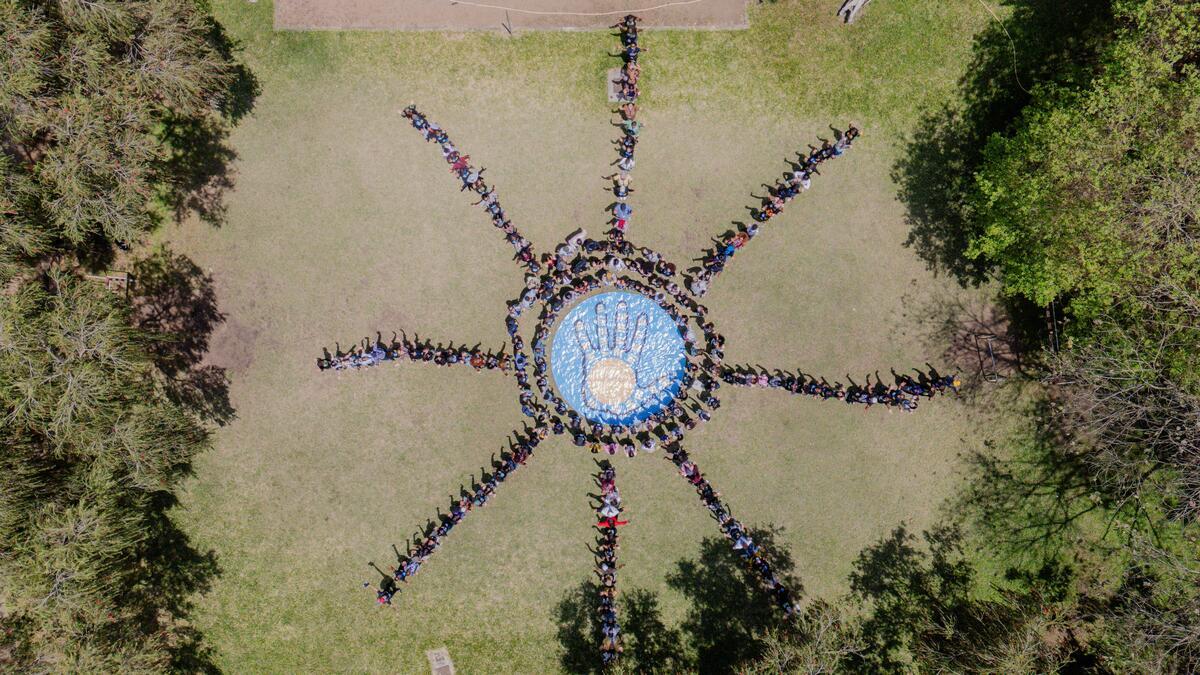Last weekend, Malibu Beach in Dakar was the site of a heart-warming mobilisation. Not for a film shoot or a surf session, but for an urgent environmental intervention. Under the banner of Greenpeace Africa, around a hundred volunteers including local youth, passers-by, and community members gathered with gloves and bin bags for a large-scale beach clean-up and brand audit. Their mission? To rid the beach of the plastic waste suffocating its shores and to expose the companies responsible for this pollution.
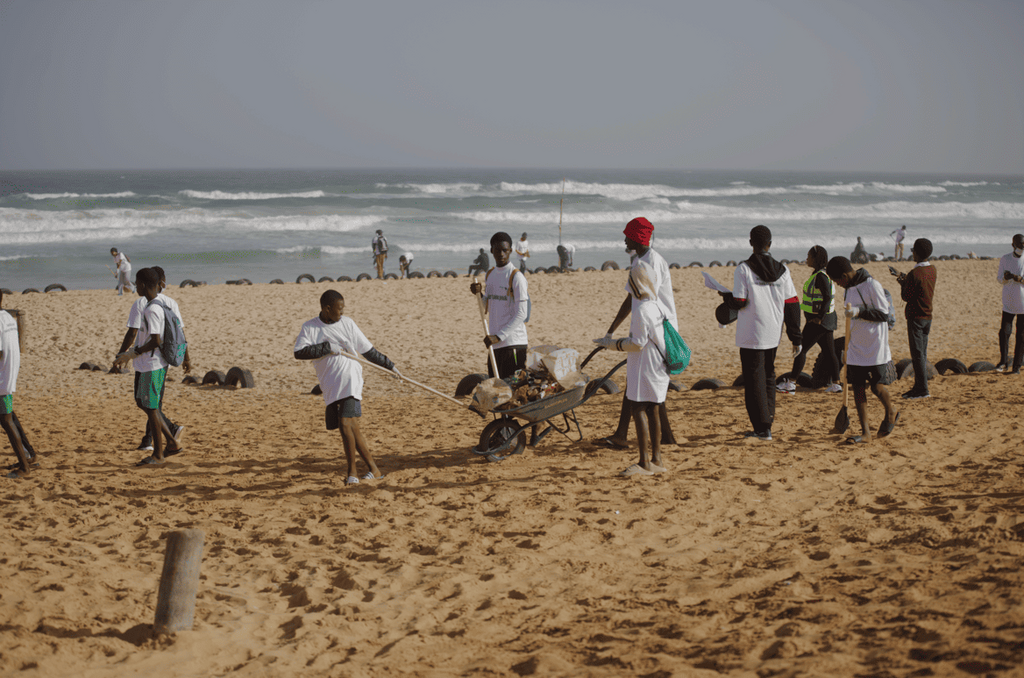
A plastic crisis on our shores
Every year, over 8 million tonnes of plastic waste pour into our oceans, devastating marine life and disrupting fragile ecosystems. Malibu Beach, known for its beauty and vibrant community, is no exception. With an occasional morning market and a steady influx of visitors, the beach accumulates a shocking amount of plastic waste. The clean-up effort revealed the staggering extent of the problem, 700 kg of plastic waste was collected in just a few hours.
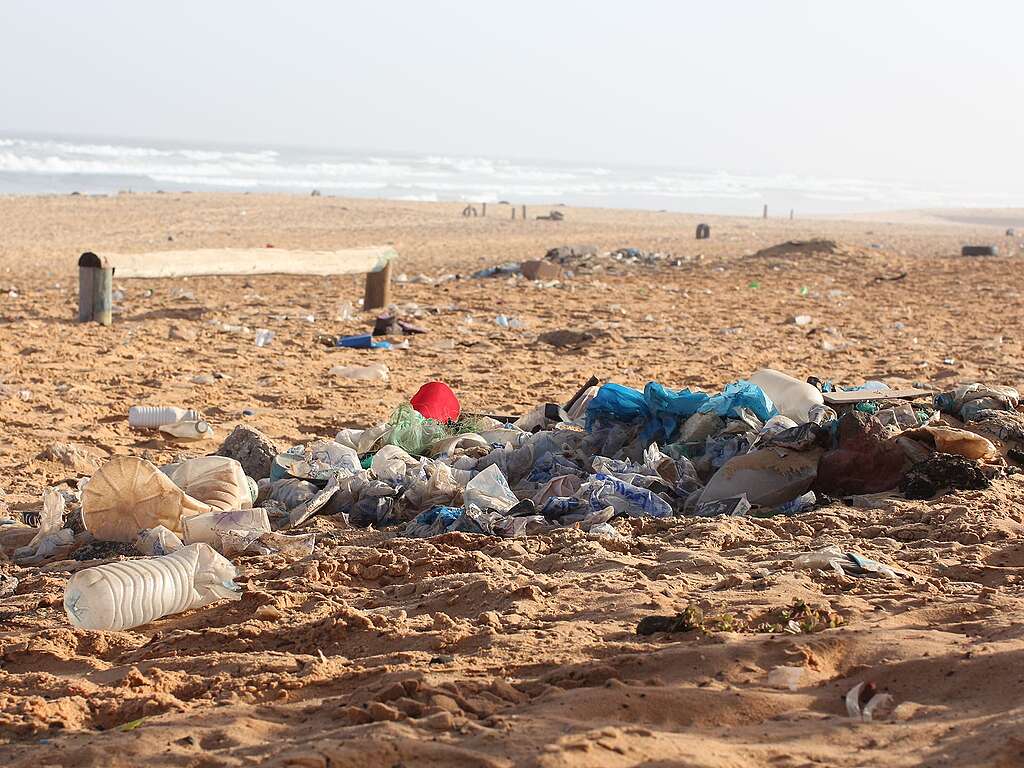
The most polluting plastics: Who is responsible?
Collecting waste is one step, but identifying its source is crucial for accountability. Greenpeace Africa conducted a brand audit to determine which companies are flooding the environment with single-use plastics. Here are the findings:
The Worst Offenders in Malibu Beach
1- Water Sachets – The biggest source of pollution, mainly from:
- Tayssir (ETS Sope Nabi)
- Eau (ETS Leye & Brothers)
- Banekh (Seye & Brothers)
2- Plastic Bottles – Dominated by:
- Kirene (Groupe Kirene/SIAGRO)
- SEO (CMGA)
3- Plastic Cups – Led by:
- SIMPA (SIMPA)
While multinational corporations such as Coca-Cola and Nestlé are often at the forefront of plastic pollution globally, this audit highlights the major role of local manufacturers in Senegal. These companies must take responsibility for the waste their products generate and shift towards sustainable, refillable alternatives.
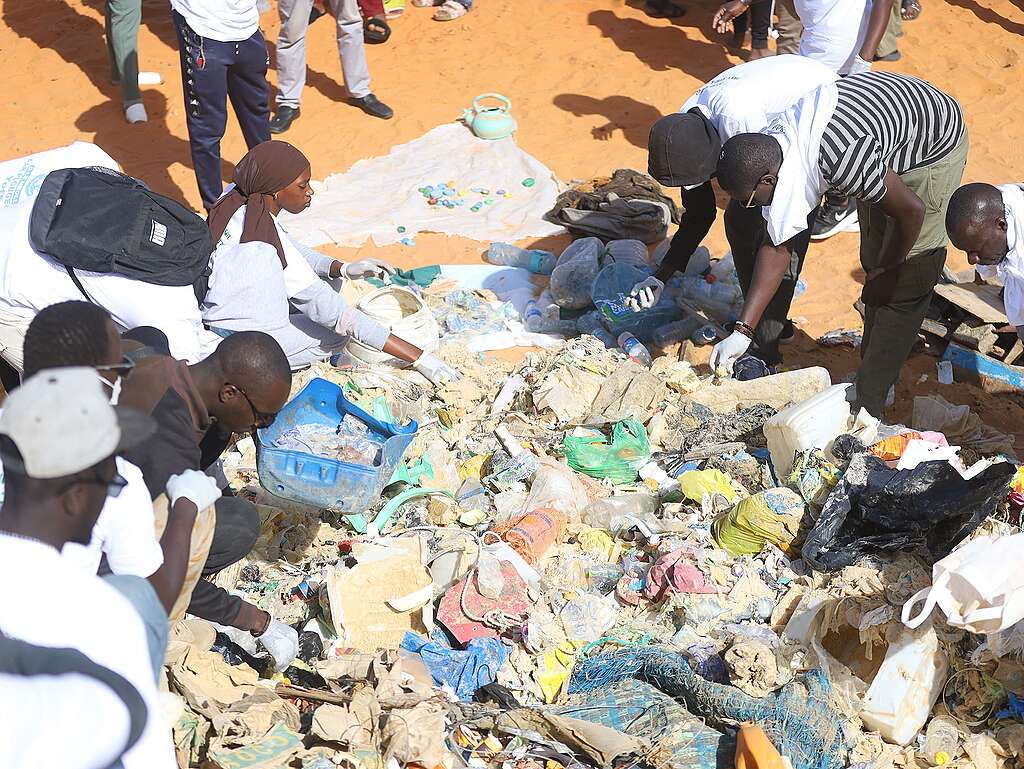
A call for urgent action
The clean-up was not just about removing waste but demanding real change. The event saw the participation of key policymakers, including H.E. Mr Bassirou Diomaye Diakhar Faye, President of Senegal, and the Mayor of Golf-Sud, Ms Khadija Maécor Diouf. Their presence underscored the importance of government action in tackling plastic pollution at its root.
To achieve real impact, we need:
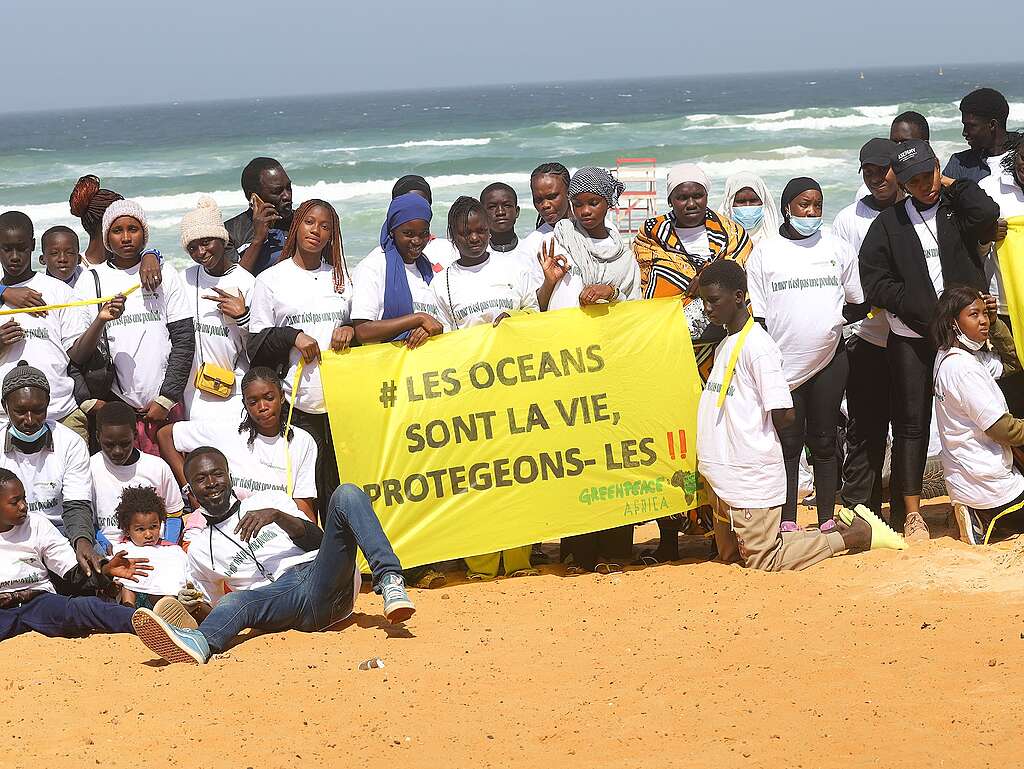
Beyond the clean-up: A long-term fight
The Malibu Beach clean-up was a success, but it is only a small step in a much larger battle. Plastic pollution is a systemic issue that requires sustained pressure on both corporations and governments.
As Greenpeace Africa, we demand that manufacturers like ETS Sope Nabi, Groupe Kirene, and CMGA stop producing single-use plastics and transition towards sustainable alternatives. We also urge the Senegalese government to enforce stricter plastic regulations to prevent further pollution.
Plastic pollution is not inevitable, it is a choice made by corporations. It is time to demand change. Will you join us in holding these companies accountable?
Together, we can create a future where our oceans are free from plastic waste. Act now. The fight for our oceans cannot wait.
Alex Johan Preira
Greenpeace Africa volunteer

